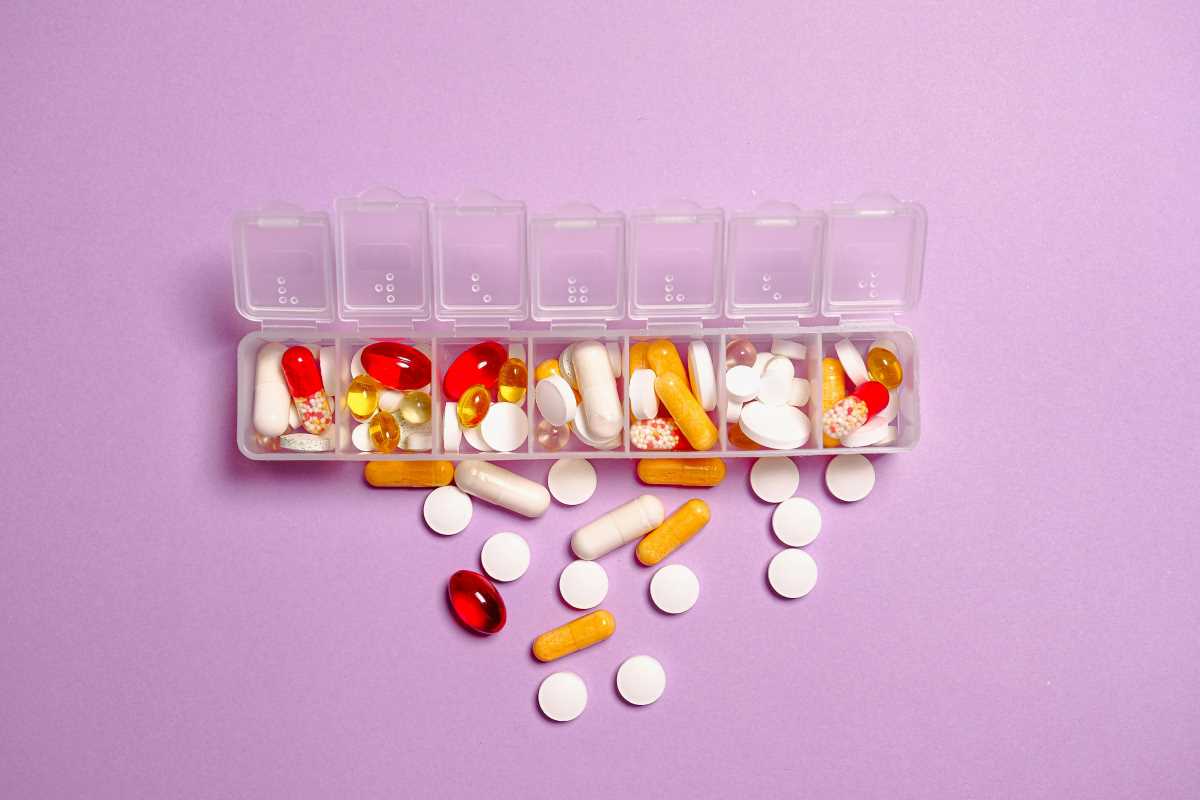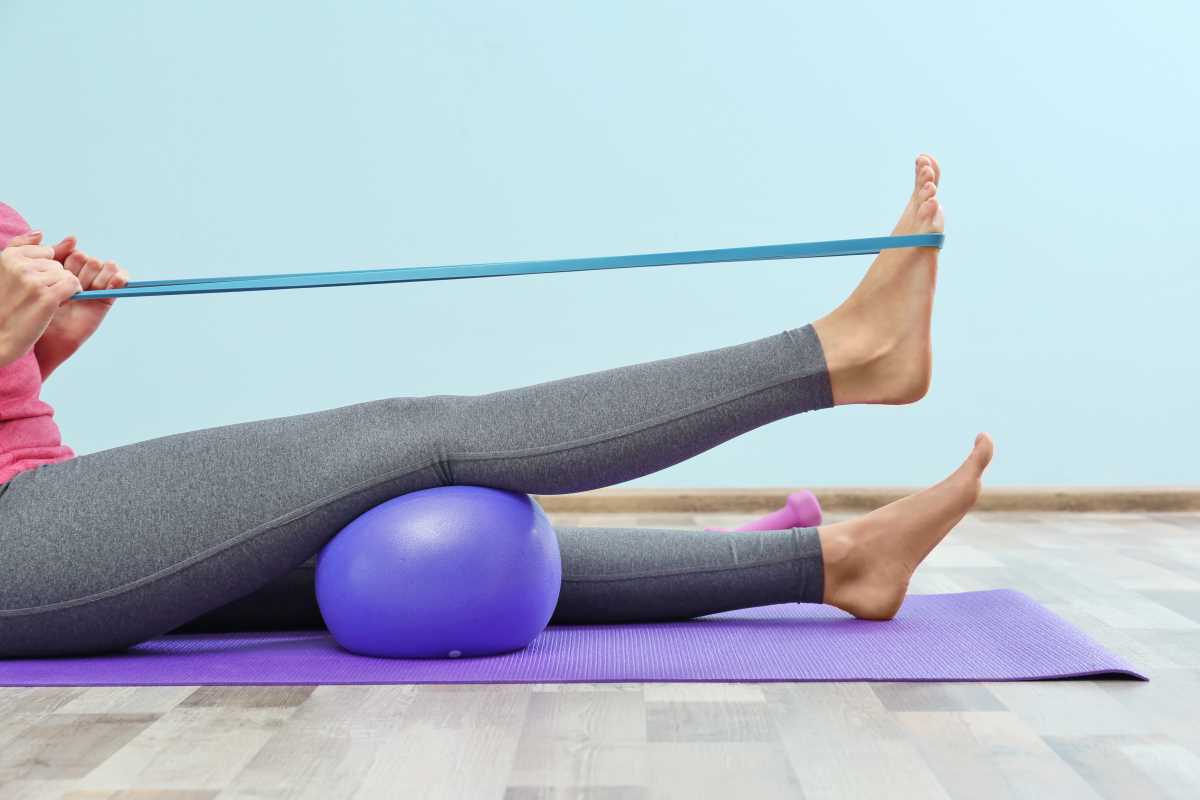Maintaining good health begins with awareness. Thanks to advancements in technology, it’s now easier than ever to monitor your wellness from the comfort of your home. Tracking your health not only provides valuable insights into your habits but also helps with early detection of health challenges, offering an opportunity to take action before issues escalate. Whether you’re just beginning your health journey or already have well-established goals, the right tools can make all the difference.
Here, we’ll explore some essential tools for tracking your health at home and how they can contribute to building a healthier lifestyle.
1. Fitness Trackers for Daily Monitoring
Fitness trackers like Fitbit, Garmin, or Apple Watch are some of the most popular devices for health-conscious individuals. These wearable devices monitor activities such as steps, calories burned, and distance walked or run throughout the day.
Key Benefits:
- Activity Awareness: Fitness trackers encourage consistent movement by providing real-time data on step counts and active minutes.
- Heart Rate Monitoring: Most devices offer continuous heart rate tracking to gauge exertion levels and overall cardiovascular health.
- Sleep Tracking: Many wearables also assess sleep patterns, offering insights into your overall quality of rest.
Pro Tip: Pair your fitness tracker with a smartphone app for deeper analytics, such as long-term activity trends or personalized fitness advice.
2. Smart Scales for Body Composition Analysis
Smart scales go beyond basic weight measurements, helping you understand the bigger picture of your health. These devices measure metrics like body fat percentage, muscle mass, bone density, and even hydration levels.
Key Benefits:
- Tailored Feedback: By tracking fluctuations in body composition, smart scales provide a clear picture of progress toward your fitness or weight-management goals.
- App Integration: These scales sync data with apps like MyFitnessPal or Fitbit, making it easier to track long-term trends.
- Motivation for Consistency: Visualizing improvements can motivate continued effort, whether you’re losing weight, gaining muscle, or maintaining your health.
Best Options: Popular models like the Withings Body+ or RENPHO Smart Scale are user-friendly and compatible with most fitness apps.
3. Blood Pressure Monitors for Heart Health
Monitoring blood pressure at home is critical for individuals managing hypertension or at risk of cardiovascular diseases. With compact, easy-to-use digital blood pressure monitors, keeping tabs on your heart health is more convenient than ever.
Key Benefits:
- Early Detection: Regular readings help identify changes that could signal a developing condition.
- Tracking History: Many devices store multiple readings or sync with apps, allowing you to share trends with your healthcare provider.
- Ease of Use: Modern models from brands like Omron or iHealth feature automatic inflation and on-screen instructions, taking the guesswork out of testing.
Pro Tip: Take readings at the same time daily and follow device instructions closely for the most accurate results.
4. Glucose Monitors for Blood Sugar Tracking
For individuals managing diabetes or monitoring blood sugar fluctuations, glucose monitors are essential devices. These tools offer essential insights into how food, exercise, and lifestyle impact glucose levels.
Key Benefits:
- Regular Insights: Monitoring helps fine-tune diet and medication schedules based on blood sugar trends.
- Real-Time Alerts: Some monitors, like the Freestyle Libre, offer continuous glucose monitoring with alerts for low or high readings.
- Data-Sharing Features: Many devices connect to apps, allowing quick communication with healthcare providers or caregivers.
Note: Always consult with a healthcare provider to ensure you’re using a glucose monitor properly and interpreting results correctly.
5. Smart Thermometers for Instant Readings
While thermometers may seem basic compared to other gadgets, advanced options like smart thermometers bring added convenience. These devices provide fast, accurate readings and often include features for tracking temperatures over time.
Key Benefits:
- Tracking Trends: Ideal for families, these devices can store multiple profiles and help monitor fevers or illnesses over days.
- Remote Sharing: Some models sync with apps, allowing you to send temperature logs to healthcare providers remotely.
- Contact-Free Options: Infrared thermometers provide quick, hygienic readings without physical contact.
Trusted Models: Look for modern brands like Kinsa or Braun for reliable and easy-to-use options.
6. Sleep Tracking Apps for Better Rest
Getting enough sleep is essential for overall well-being, yet many people overlook it. Apps like Sleep Cycle or Calm combine tracking technology with guided routines to help you improve this vital aspect of health.
Key Benefits:
- Monitor Patterns: Using your phone’s sensors or paired wearables, these apps analyze movement, breathing, and sound to provide insights into your sleep cycles.
- Smart Alarms: Wake up during light sleep with gentle alarms instead of being jarred awake from a deep sleep phase.
- Guided Relaxation: Many apps offer mindfulness exercises or bedtime stories to help you drift off more easily.
Pro Tip: Position your smartphone on a stable surface close to your bed for accurate results if you’re not using a wearable.
7. Nutrition Tracking Apps for Healthy Eating
Understanding what you eat plays a crucial role in achieving health goals. Apps like MyFitnessPal or Cronometer take the guesswork out of meal planning and calorie tracking.
Key Benefits:
- Detailed Food Logs: Scan barcodes or add ingredients manually to track your nutrient intake down to the micronutrient level.
- Set Goals: Whether you’re looking to lose weight, build muscle, or improve general wellness, these apps provide daily calorie and nutrition recommendations.
- Educated Decisions: Reviewing nutrition content can empower you to make informed choices when grocery shopping or dining out.
Pro Tip: Pair nutrition tracking apps with a smart scale or wearables for a holistic view of how your diet impacts your health metrics.
 (Image via
(Image via





